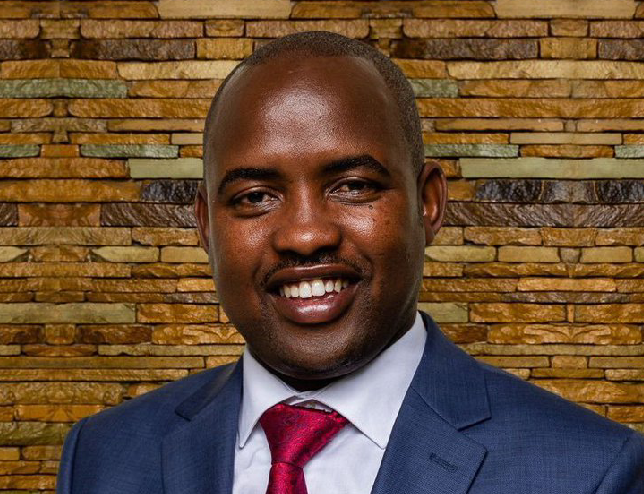The scandal at Kenya Power is getting worse as more suppliers reveal that they were extorted by a senior manager in the procurement department.
Initially, it was reported that this officer demanded large kickbacks up to Ksh 10 million from contractors working on the World Bank-funded Last Mile Project, meant to bring electricity to rural areas.
Now, more details are coming out, showing deeper issues in how Kenya Power’s procurement department operates.
Several contractors have described how they were forced to pay large bribes just to get contracts approved or to avoid being blacklisted from future projects.
The officer at the center of this scandal, identified as John Ngeno, is accused of not only demanding bribes but also allowing his department to engage in similar corrupt practices.
One contractor, who chose to remain anonymous out of fear, said,
“It’s not just about one person anymore. The whole department under Ngeno is involved. I personally paid Ksh 5 million to get my contract approved, and others have similar stories.”
Beyond simple bribes, contractors describe more complex forms of corruption. These include tampering with tender processes, manipulating evaluations of bids, and even setting up fake supplier companies to steal funds.
Some suppliers were forced to create false invoices for “consultation fees” for services that were never provided. This way, the payments look legitimate on paper, hiding the corruption from auditors. One contractor shared,
“We are told that if we don’t play along and create these fake invoices, we’ll lose all future business with Kenya Power. It’s like a trap.”
There is growing frustration over the lack of action from oversight bodies, like the Ethics and Anti-Corruption Commission (EACC).
People wonder how a single officer in a government-owned company can have so much power without being held accountable.
Kenya Power’s top leaders, including the Managing Director Joseph Siror and the company’s board, have not addressed these accusations, raising concerns about whether they are aware of or ignoring the problem.
Even officials from the Ministry of Energy have remained silent, which many see as a sign of neglect.
A former senior staff member, who also spoke anonymously, criticized Kenya Power’s leadership, saying, “It’s disheartening that no one from the top has said a word. At this point, it feels like they’re part of the problem. This officer wouldn’t be so bold if he thought he’d be held accountable.”
The scandal could have serious consequences for Kenya Power, harming its reputation and making it hard for the company to work with reputable suppliers in the future.
The Last Mile Project is crucial for Kenya’s development, but if corruption continues to drain funds, it could delay progress and make it more expensive, affecting the communities that need power the most.
For now, people are looking to anti-corruption authorities to take action.
This scandal raises important questions about how government-run companies are managed and whether enough is being done to hold leaders accountable.
Many hope that these allegations will lead to meaningful change at Kenya Power, but it remains uncertain whether this case will drive real reforms or become yet another example of unchecked corruption in Kenya.





















Add Comment